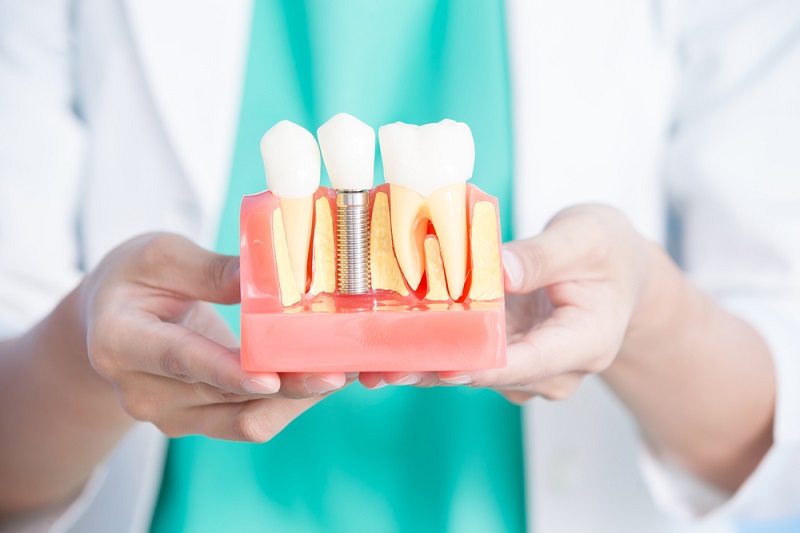If you are meeting a dental implant specialist for the first time, it can be an intimidating experience. However, communication between you and your dentist is the key when it comes to ensuring that dental care is taken off efficiently. If communication is effective, it helps the dental professional in understanding the different kinds of insecurities faced by the patient. A dentist’s education includes skills related to clinics along with patient communication and education. With excellent communication, your interaction with your dental professional is comfortable. Some of the tips to interact with a dental professional are:
 |
| Dental Implant Specialist |
The Terminology Related to Dentistry
A dental implant specialist will use totally different terminology. However, the experienced ones dumb down the language used. If the dentist is not experienced, there is a chance that they might confuse the patients with confusing terminology. Such types of dentists mainly deal with providing implants for teeth rectification, crossbite, loss of teeth due to accidents or age-related issues, etc.
If your particular dental implant specialist is not able to speak in simple terms, you should request him/her to repeat the statement in a way that is easier for you to understand. Professional dental specialists should know what exactly the problem with the teeth is. Also, good ones encourage feedback from all patients. So, two-way communication between the dentist and the patient helps the dentist a lot.
Creating a Checklist of Dental Concerns
Before you go ahead and visit a dental implant specialist, it is best to create a list of issues that you are facing related to dental problems. Some of the common problems that you might be facing are:
- Sensitivity or pain – You might be experiencing pain when you bite hot or cold food. This is a sign that your tooth might be cracked.
- Mouth sores – You might have sores that don’t easily heal. This is usually a sign of oral cancer.
- Jaw clenching or teeth grinding – There are a number of people who clench or grind their teeth during the night. These two activities over time can cause wear and tear on your teeth.
- Flossing issues – If you have a jagged tooth, you might not be efficiently able to floss.
Updating the Medical History
Ensure that your dentist or dental implant specialist knows your complete medical history. If you have diabetes, you will take some more time to heal from injuries. There are certain medical problems that usually lead to dryness in the mouth. If you are experiencing some kind of changes in your health after your previous appointment, it is best to alert both your family doctor and the dentist.
 |
| Dental Implant Specialist |
The Modern World of Information Transmissions
There are a number of ways that have made communication with a dental implant specialist easy. There are a number of dentists who have websites that allow patients to custom choose their services. Once the patient is registered with the specialist, there is a constant line of communication between both of them over e-mails and text messages. During the appointed visiting times, the dental specialist uses technology tools like the intraoral type of cameras, x-rays, and imaging techniques to help the patient understand the problem better.
Effective communication between a dentist and a patient goes a long way in making the appointment worry-free. Also, this builds trust between both parties. When you look into it, a dentist can never be successful without any kind of communication skills. So, if a dentist visit worries you, you can relax. Once you talk to a dentist, you will definitely feel better. Also, you as a patient should also be responsible for your own dental health. Don’t hold back any information that can cause some kind of health problem in the future.





